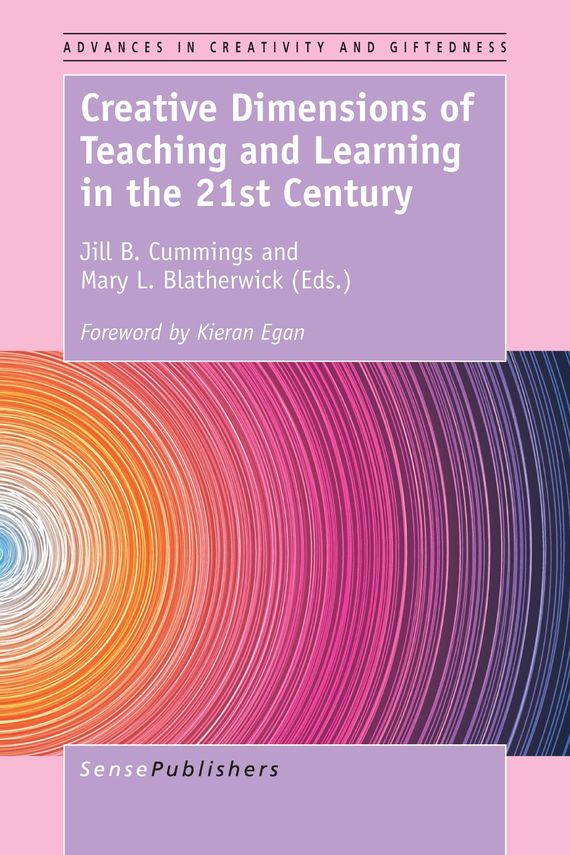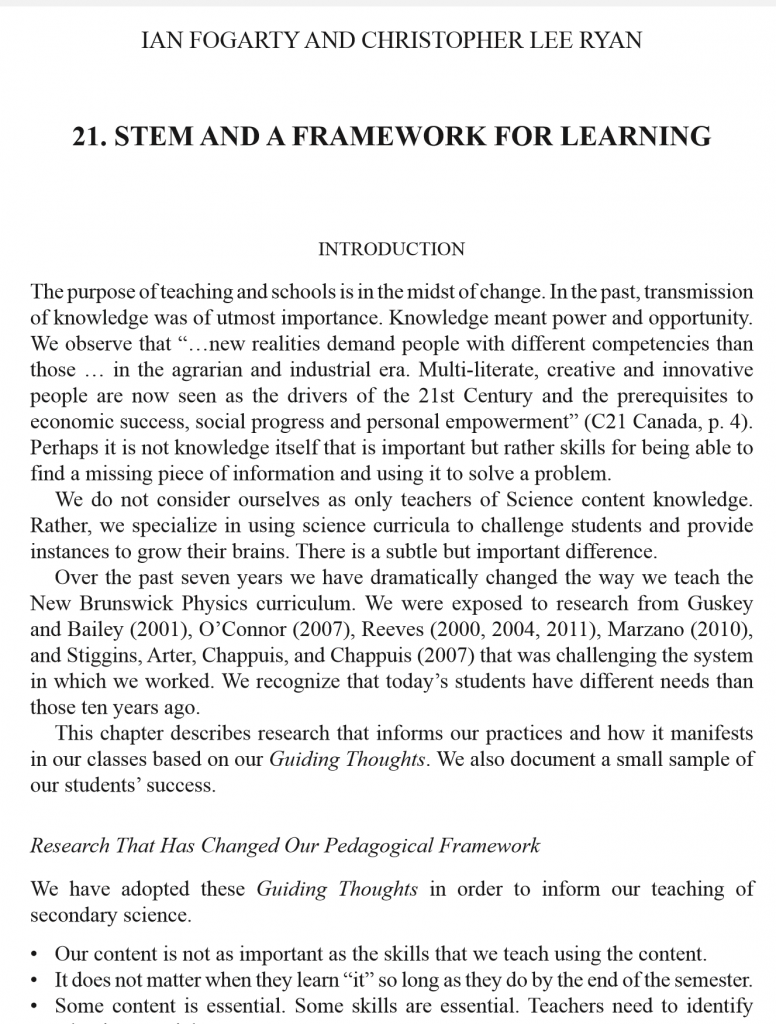One week ago today, we dropped of the twins at their residence for their 1st year of university. It has me thinking, wondering, and reminiscing. I stumbled upon this blog post from their grade 8 year and the trip we took to China.
Raising 21st Century Learners, Progress Report #3.
Six weeks ago, I uprooted my wife and 14 year old twin sons from a perfectly average Canadian small town suburban life to go live in Beijing, China. My sons were attending the same middle school that I attended and we were living in a house less than 1 km away from my old homestead. We moved as far away as geographically and culturally possible as we could to Beijing.
My kids will need different attitudes and experiences than I did to be successful in the near future and a disruptive event was required to snap them out of the comfortable lull of suburbia. We are half way through our adventure, and like any good tale, there are lots of lessons, some pleasant, and others more trying. This blog entry is about the Communication and Media Literacy aspects of 21st Century Learning. Other aspects will follow.
Communication, Media Literacy and Critical thinking are such difficult things to instill in students with authentic examples. Technology has had an almost unfathomable influence on communication and that communication has changed our world. One could argue it started in earnest in Egypt with Papyrus, followed by Roman roads of communication, to the printing press, to the telegraph, the telephone, the internet and most recently mobile phones. Communication has been the key to many recent world events. Some examples include the invasion of Iraq, the capture of Osama Bin Laden, The Arab Spring movement, and the current unrest in Syria. A multitude of governments fell and history changed in a short period of time because of communication. Who would have thought that the strong holds of Iraq, Egypt and Libya would change?
The ability to communicate and distinguish yourself from those around you will be crucial going forward. When I was in high school, I only had to compete against some 2000 classmates in a small province in order to find a good job and make a good life. Today, my sons classmates and neighbors number 1.5 billion. I was hoping that our trip to China would help them realize that they need to compete with so many more, and different kinds of people, as well as provide unique opportunities for then to learn about different aspects of communication such as twitter, essay, video, Youtube and blog. I thought there would be some authentic prompts to discuss.
There are 52 different countries represented at the school with all of their different languages and cultures. It is like going to Epcot everyday. Although it is true that English is the language that binds them all together, as you sit in a classroom and walk through the halls, there are a myriad of new words, accents and languages being spoken. At first, it is difficult to understand some students even though it is English. But shortly you get to expect the accents. As Seth and Fin are walking around the corner, there is a Russian conversation happening and my kids are starting to understand what Russian sounds like. But as they walk by, the two Russians turn around and say Hello in English. The ability to switch from one to another seamlessly is important.
Learning languages in a classroom and by individual interactions are very different. My kids are learning some Korean, not because they are in a class, not because someone set up a language program, but because they have met a Korean friend and they ask questions like, “how do you say…?” The twins are taking Mandarin as part of their course work. They are not new to learning other languages in class as they were enrolled in French Immersion their entire school lives. However, they seem to have a passion for learning Mandarin. Although I am certain their Mandarin teacher is wonderful, I do not believe that their newfound desire to learn a new language came from the classroom. The largest mother tongue at the school is Mandarin, so if they want to talk to their friends, understand jokes, be involved in the gossip, order ice cream and barter for their new favorite pair of shoes, they need to learn a different language. Although they learned French, it was only because their parents and teachers tell them it is important. But even living in Moncton where it is almost 50% English and French, there is no real need to use it. Where can you go that they do not speak English? But here is China, there are enough situations that knowing Mandarin gets you things that you want, like friends, connections, ice cream and shoes. There is a synergy required between the need to communicate and the desire to learn a new language.
Communication is a two way street, requiring both a speaker and an audience. I was hoping that “The Twins” would use Twitter, Facebook and a Blog. It was hoped that kids would follow “The Twins” and there would be a two way conversation. This is not what happened thus far. There are three major distractions. Firstly, most of those services are blocked by the Chinese Government. There is a way around it by using a VPN, but our whole family is sharing one VPN. By the time all the members of our family are done talking to friends and family, there is virtually no time left in the day to post and read online. Secondly, there is not nearly enough time in the day to do their significant amount of homework, interact with people and have time left to produce digital content. Students who said they would follow, they quickly lose interest because the boys are not posting. And if their followers are not posting, why would the twins curate and contribute to their social networks. You need to have good content to have followers, and having followers is instrumental for the motivation of creation. There is a synergy required between having content to deliver and an audience for whom to create.
One of the 21st Century Learning Skills centers on media literacy and media critical thinking. While I was in Shenzhen, across the pond from Hong Kong, I found it most interesting. Hong Kong was absorbed by the Central Chinese Government in 1997 when the British Lease of Hong Kong expired. However, they were so used to free speech, democracy and capitalism, that they basically have declared themselves a semi city state. A trip to Hong Kong is considered a new entry into China on my Visa. Just to add to the issue, the Bird Flu outbreak is in full stride. In Beijing, it does not look like the Bird Flu is very dangerous, but our television is far away from the outside world. Watching the news in Shenzhen, you get Hong Kong news. It is curious that in the middle of a story, all of a sudden the news reporter gets cut off and they go to a commercial break. But somehow, the commercial break is interrupted when a new news article begins.
This censorship has been going on very long. If I do a Google search for Tiananmen without my VPN turned on, I get no Youtube video, I get some recent tourist videos and some text about Mao’s mausoleum. When my VPN is tuned on, then I get Youtube videos and Wikipedia about all of the same things in addition to raw video and BBC video of the student massacres. When we talk to Chinese students, they are unaware of what happened at Tiananmen Square. I had forgotten I was in China and I was hoping that there would be some information at the square about the student violence. Why was I surprised when there was nothing? So on our return to the apartment, the first thing I did was tell the twins to research the happenings. Now that they are aware, I would like to return so that they can focus on the political and the free speech, rather than being distracted by the mobs of girls wanting their pictures taken with the blond haired twins and the Forbidden City.
In tech class, their teacher is asking them to do a project on photo tampering. They are learning that even before Abraham Lincoln, people have been using media to put a twist on things. They are learning how to photoshop their own pictures. The censorship in China, the historical past of using media to twist perspectives and the knowledge of how easy it is, perhaps will make them think carefully about media and their sources.



